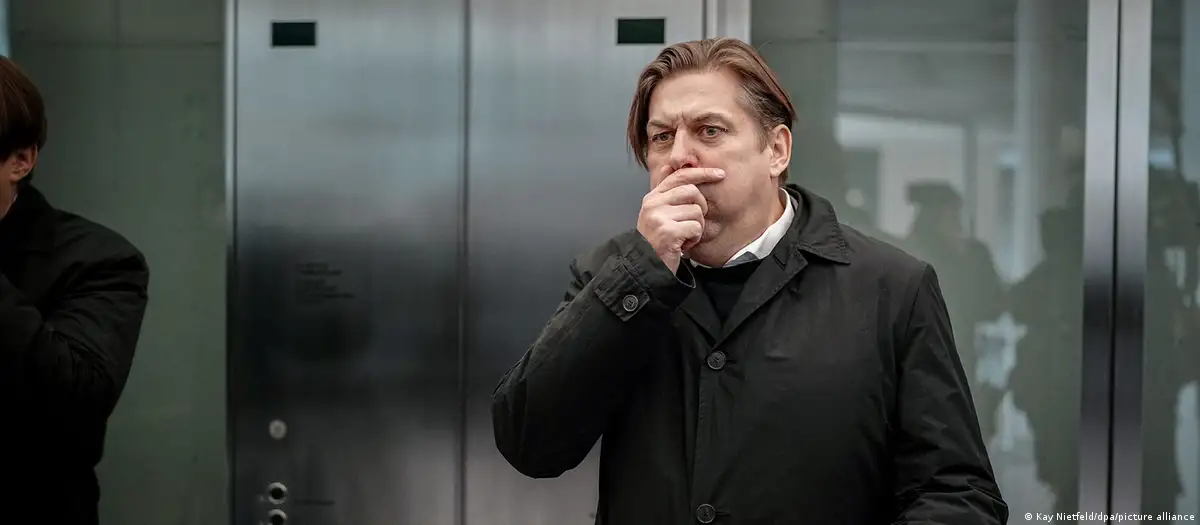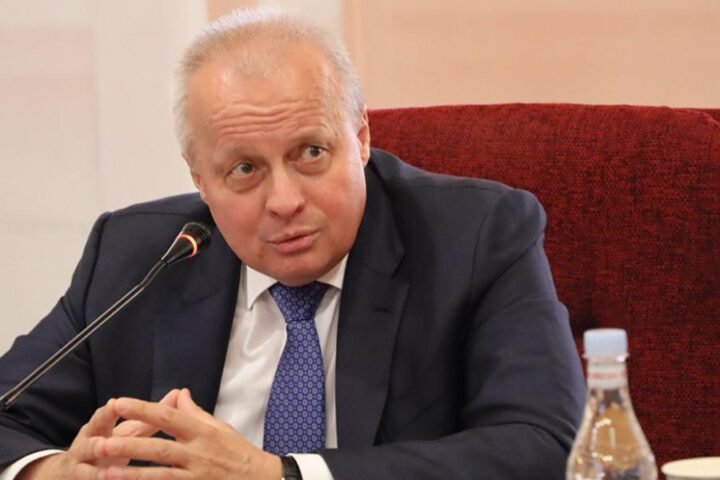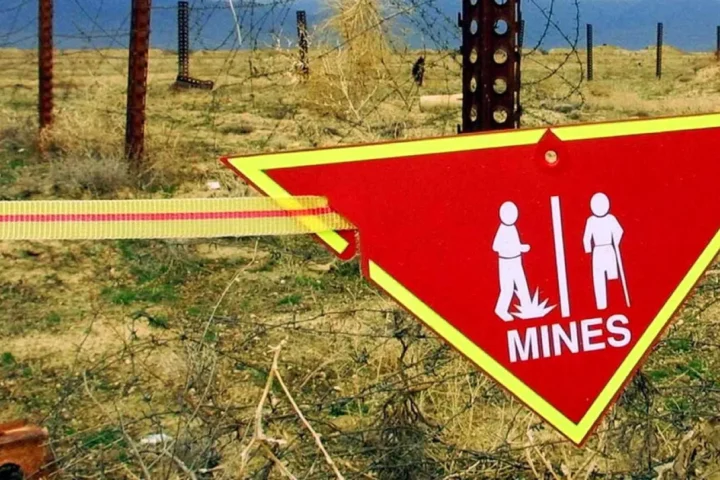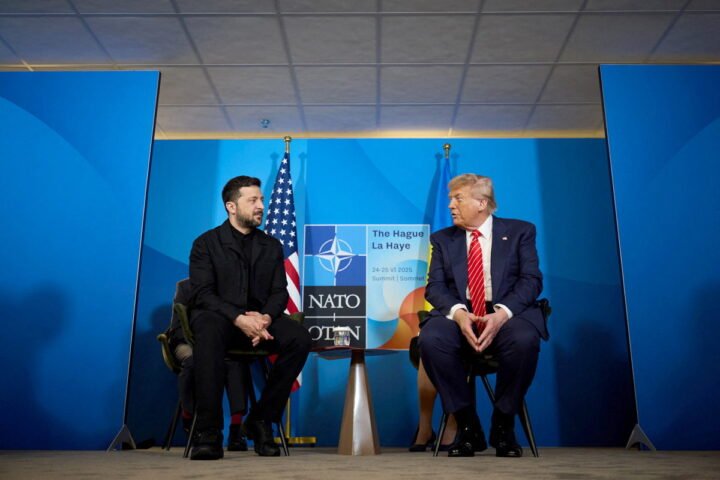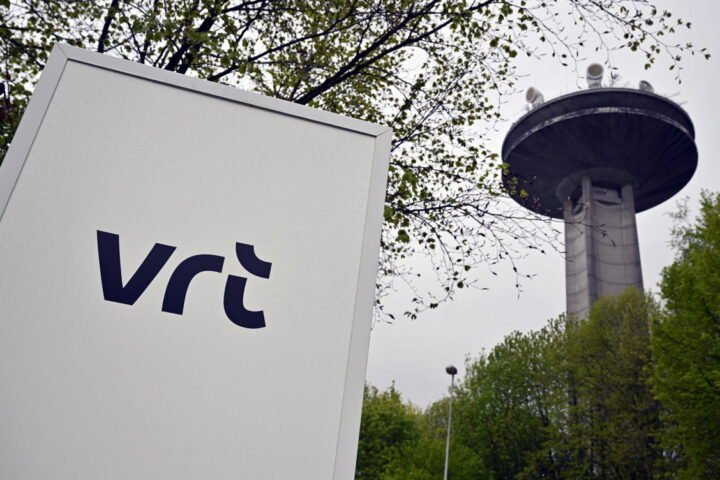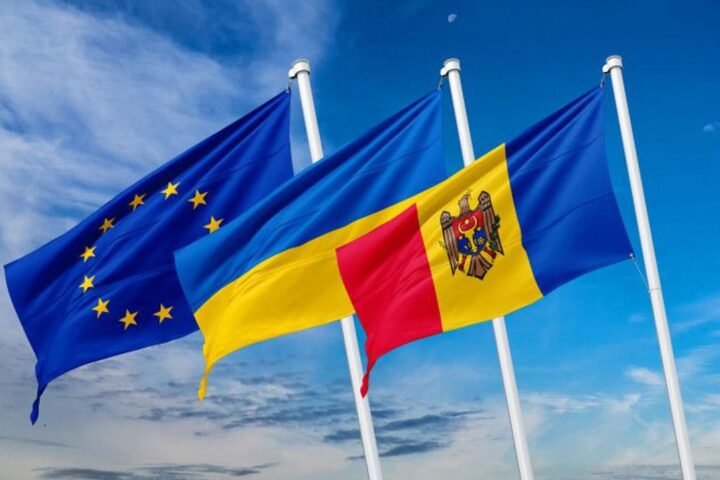Maximilian Krah is being investigated for suspicious links to Russia and China, and recently made headlines for saying that not all members of the Nazi SS forces were “criminals.”
Germany’s far-right Alternative for Germany (AfD) party announced on Wednesday that it’s banning its lead candidate for the European election, Maximilian Krah, from making public appearances.
The announcement came a day after French far-right leader Marine Le Pen said lawmakers from her National Rally party would no longer sit in the same parliamentary group as the AfD after next month’s European elections.
What did Krah say?
The division between the German and French far-right parties comes after “recent statements by the AfD,” according to broadcaster France Info, refering to an interview by Krah with Italian newspaper La Repubblica at the weekend. In the interview, Krah said “SS were not all criminals,” referring to the Schutzstaffel (SS), a major paramilitary organization under Adolf Hitler’s Nazi Party.
Among its many roles, the SS took a leading part in the Holocaust, the slaughter of 6 million Jews and other groups targeted by the Nazis.
Krah is also currently being investigated for suspicious links to Russia and China.
The AfD’s top brass held a crisis meeting with Krah on Wednesday morning. Krah said after the talks that he will quit the party’s senior leadership team.
“The last thing that we need now is a debate about me. The AfD must keep its unity,” Krah told Welt newspaper. “For this reason, I will not make any further campaign appearances and will step down as a member of the federal committee.”
Why is AfD facing scrutiny and protests?
The AfD has also faced intense scrutiny and mass street protests in recent months after revelations that senior figures of the party attended a meeting where they discussed plans for the mass deportation of citizens of foreign origin.
AfD leaders have denied that the proposal represented party policy and pushed back against racism allegations.
Last week, a German court ruled that domestic security services could continue to keep the AfD under surveillance as a potentially extremist party.
Polls suggest that right-wing and euroskeptic parties will win a record number of votes in the upcoming European Parliament elections, scheduled for June, amid growing voter anger at mainstream parties for their inability to effectively tackle a raft of challenges, including immigration issues and high inflation.
